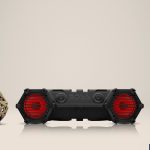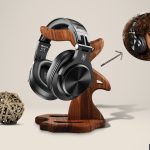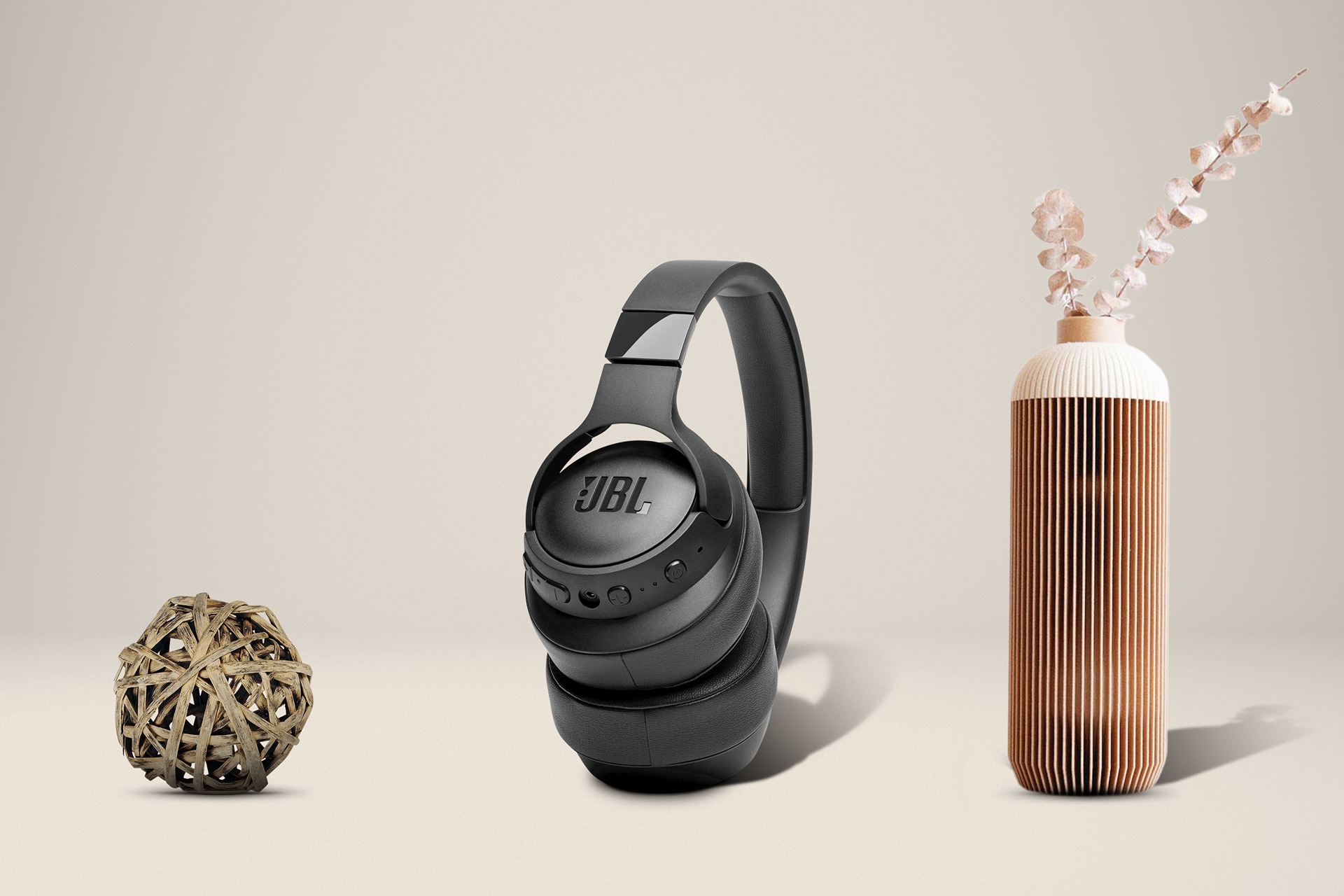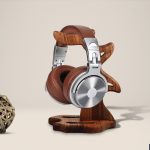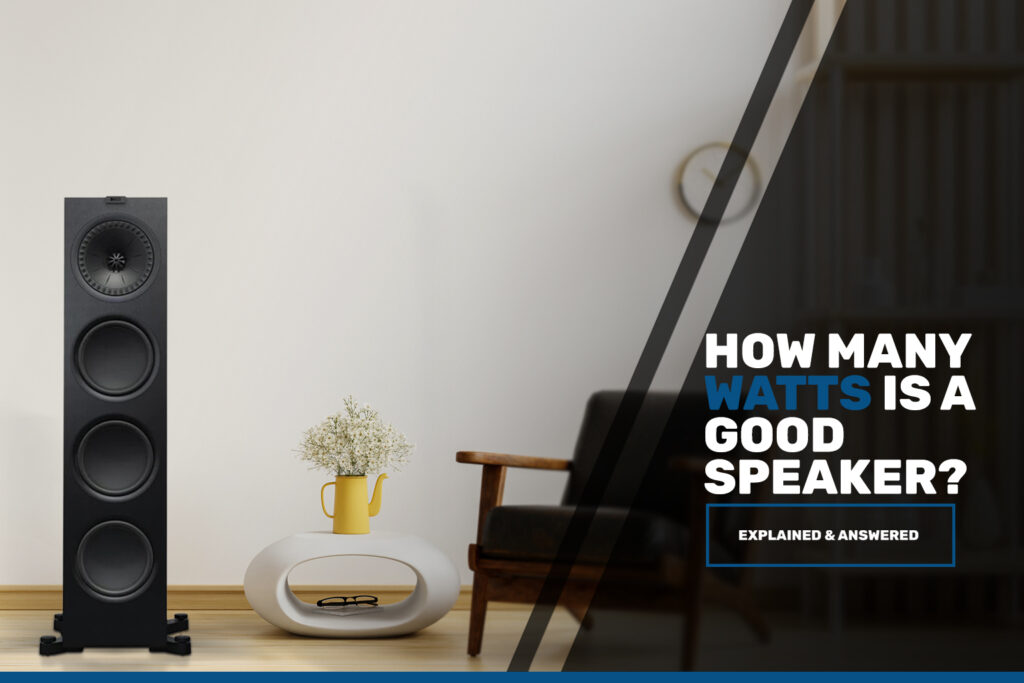
The wattage rating of speakers is an important thing to consider. A higher wattage indicates more power and volume, but it does not always imply better sound quality.
We’ll look at the relationship between watts and speaker performance in this post, and we’ll help you figure out how many watts you’ll need for your individual demands. We’’ll also go over some other crucial variables to think about while selecting a speaker.
How Much Power Does a Good Speaker Have?
A speaker with 20 to 35 watts is usually adequate for residential use. A speaker with 50 to 100 watts may be more ideal for larger parties or outdoor use to ensure adequate loudness. To calculate the proper wattage for general use, consider the size of the space and the planned purpose of the speaker.
Also Read: What Causes Muffled Speakers?
How Loud Is A Normal Speaker & How Loud Is Too Loud?
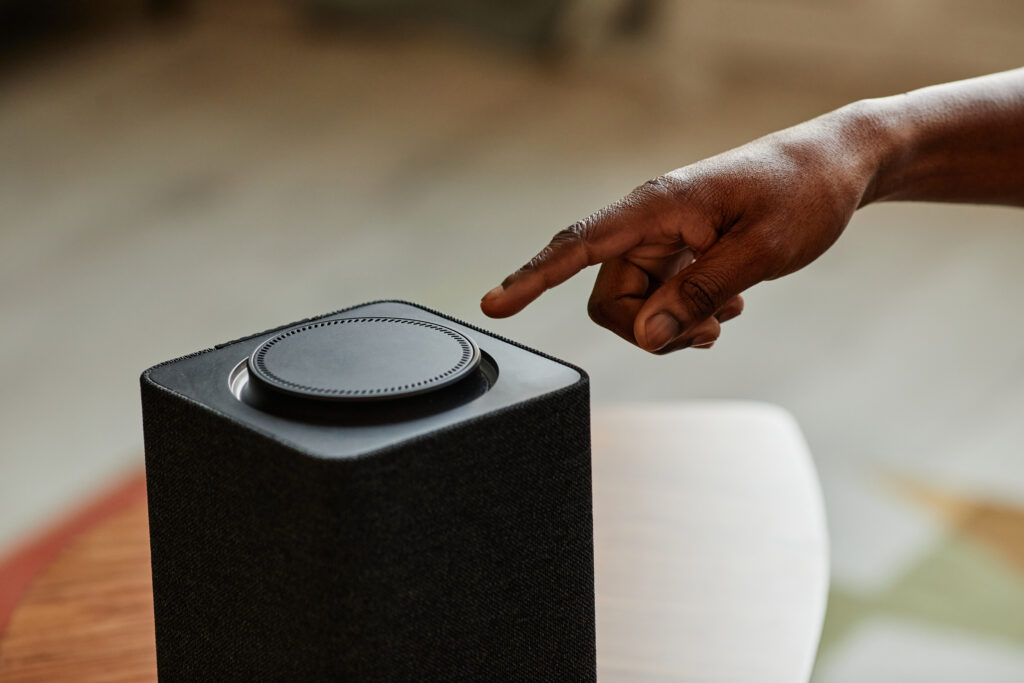
A typical speaker has an average loudness level of roughly 85 decibels (dB). However, depending on the speaker and the source material, loudness levels might vary substantially. When the volume exceeds 85 dB for a lengthy period of time, it is deemed too loud and can cause hearing damage.
How Do Decibels and Levels Affect Wattage in Speakers?
Decibels (dB) are a unitt of measurement for expressing how loud a sound is. Because the decibel scale is logarithmic, a little change in decibel level corresponds to a considerable change in actual sound pressure level.
In other words, sound pressure level (SPL) is the ratio of sound pressure to reference pressure and is measured in decibels (dB).
Wattage, on the other hand, impacts the volume of the sound produced by speakers. A speaker with a higher wattage can create louder sound than a speaker with a lower watage. However, it is not the only aspect that influences a speaker’s volume.
The speaker’s sensitivity, the size of the room, and other elements all play an impact. A greater sensitivity rating speaker will create more sound with less power than a lower sensitivity rating speaker.
Overall, wattage and decibel levels are related but not precisely proportional when it comes to speakers. A speaker with a higher wattage will create more sound, but tis does not ensure a higher decibel level. When selecting a speaker, its critical to consider the SPL, sensitivity, and other characteristics.
Also Read: What Exactly Is a Reference Speaker?
Speaker Power Rating to Amplifier Ratio
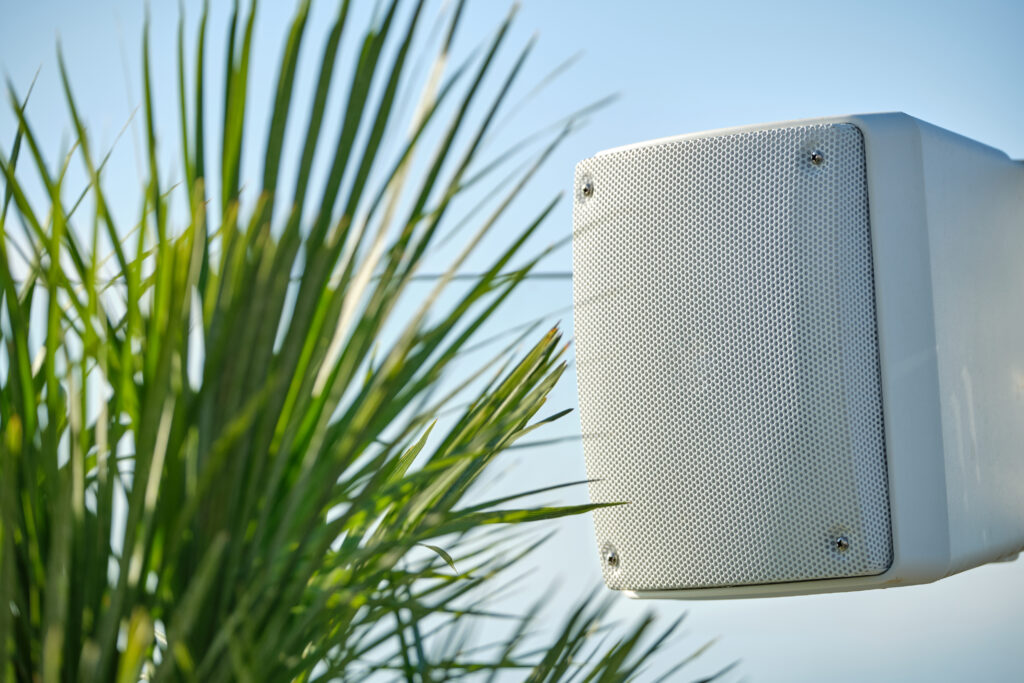
To ensure optimal performance and avoid damage to the speaker or amplifier, it is normally suggested to match the power rating of the speaker to that of the amplifier.
A speaker having a lower power rating than the amplifier will be unable to handle the amplifier’s full power output, resulting in distortiion or damage to the speaker.
A speaker with a higher power rating than the amplifier, on the other hand, will not be pushed to its maximum potential and may not sound as loud or clear as it could.
Matching the power rating of the speaker to that of the amplifier will also prevent overdriving and subsequent amplifier damage.
It is vital to note that the power rating of the speaker is the maximum power that the speaker can handle, but the power rating of the amplifier is the greatest power output it can give.
In practice, it is not required to use the amplifier at full power all of the time, which can be accomplished by regulating the volume level.
However, the room size, intended use, and other aspects must all be considered. It is conceivable, but not required, to utilize an amplifier with a higher power rating than the speakers.
Lower Watt Speakers vs. Higher Watt Speakers
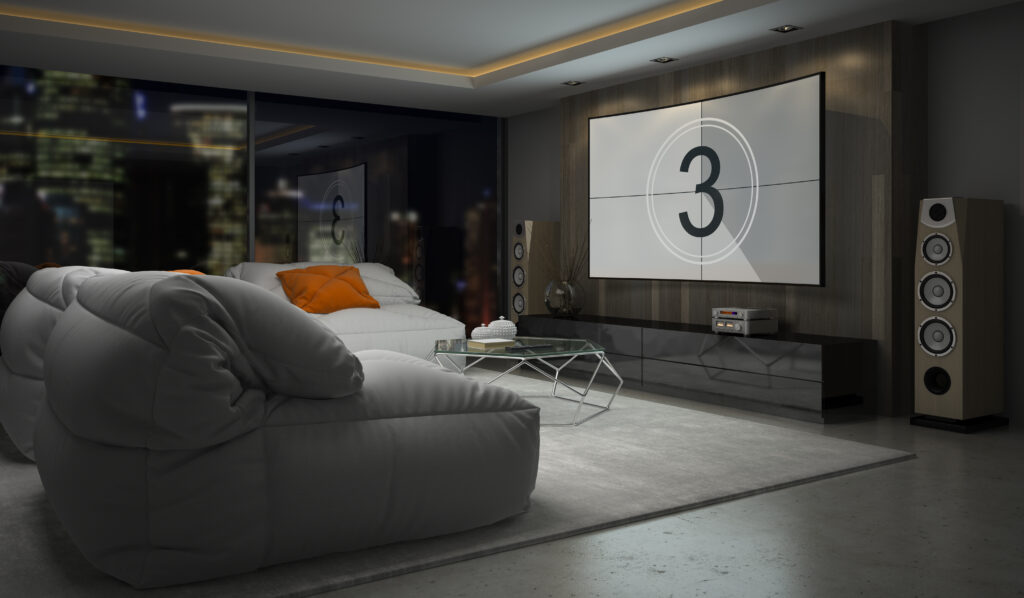
Higher wattage speakers are not always superior than lesser wattage speakers. A speaker’s wattage is simply a measurement of its maximum power handling capabilitis; it does not indicate sound quality or performance.
A greater wattage speaker can provide more volume, but it does not necessarily produce better sound quality or clarity.
A lower wattage speaker may be sufficient for small spaces or low-volume listening, but a greater wattage speaker may be required for bigger rooms or outdoor use.
A speaker with a greater sensitivity rating, better frequency response, and a more efficient design will also create more sound while using less power.
Wattage is only one of several aspectts to consider when purchasing speakers. Other essential considerations are the sensitivity, frequency response, design, and distortion level of the speaker.
It’s always a good idea to read the manufacturer’s specifications and speak with professionals to get a better understanding of the best speaker for your individual needs.
Is it true that more watts equals more bass?
More watts in speakers does not always mean more bass. The wattage of a speaker is a measurementt of its maximum power handling capability and has nothing to do with bass output.
The size and design of the woofer (the driver that creates bass frequencies) and the enclosure in which it is housed define the bass output of a speaker, not the total power handling capability of the speaker.
In general, a larger woofer plus a correctly designed enclosure will create more bass than a smaller woofer or an improperly designed enclosure. A speaker with a greater sensitivity rating and a better frequency response will also produce more bas while using less power.
So keep in mind that while a higher wattage speaker can create more volume, it does not always imply more bass.
Also Read: Do I Need a Studio Monitor of a Certain Size?
Conclusion
With that said, we can pretty well conclude that the more the wattage in speakers, the louder they will be. Although this isn’t particularly necessary, it is important to examine how many speaker watts you truly need for the size of your venue.
Aside from that, if you choose sound quality above loudness, bear in mind that sensitivity is vital because it will give you clearer but still louder sound.
In other words, if your speaker sensitivity is strong, it is evident that the power required from the amplifier will be lower. Overall, even at a reduced wattage, it would still be able to generate a louder sound with a clearer output.
Equipment Tester & Reviewer
I’m an unbiased audio equipment tester & reviewer, dedicated to keeping you up-to-date on the latest and greatest in audio gear.

